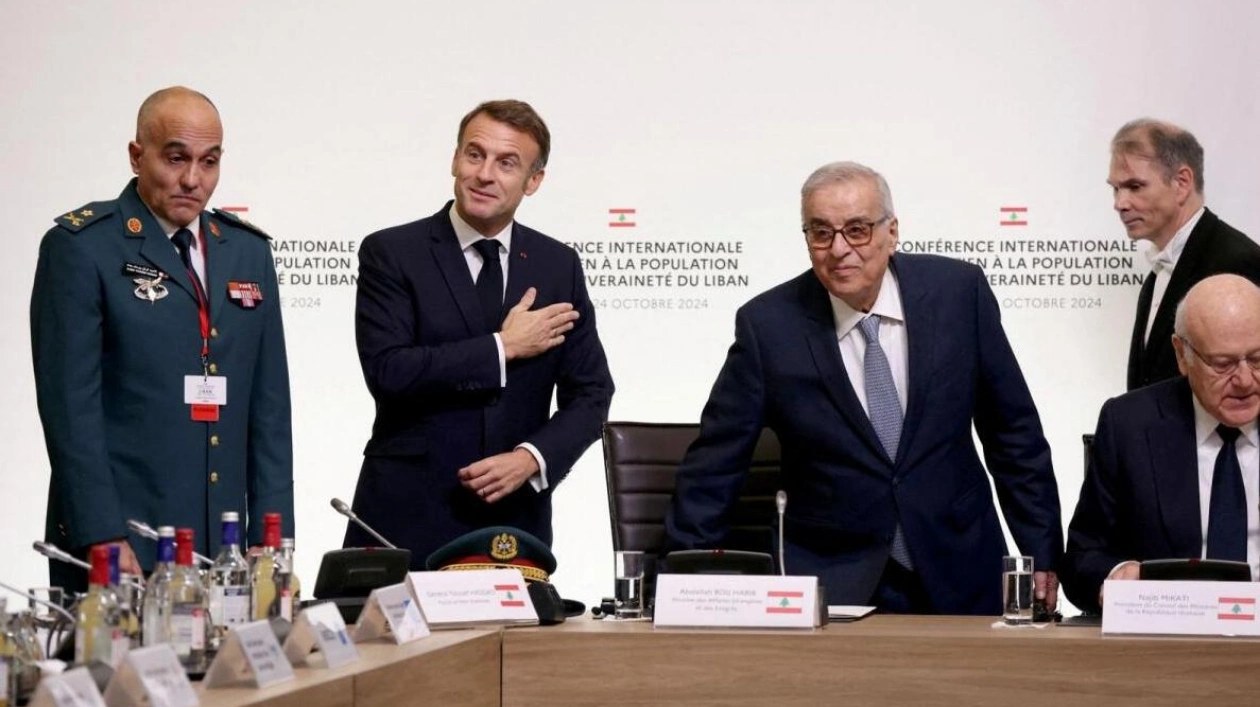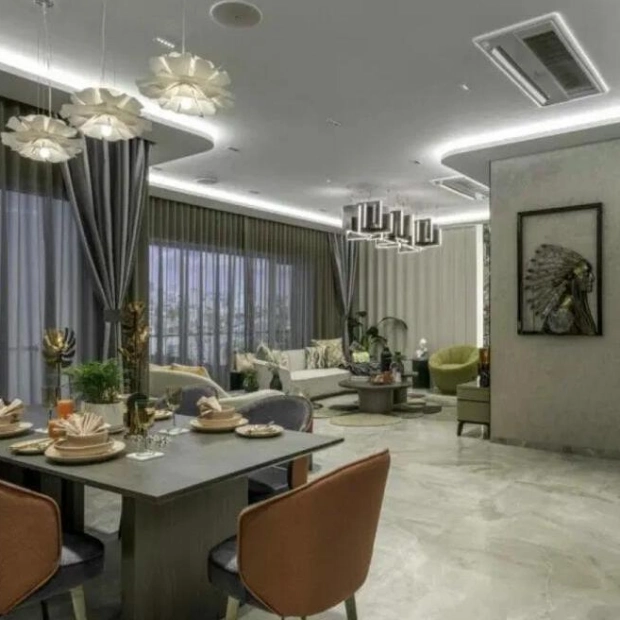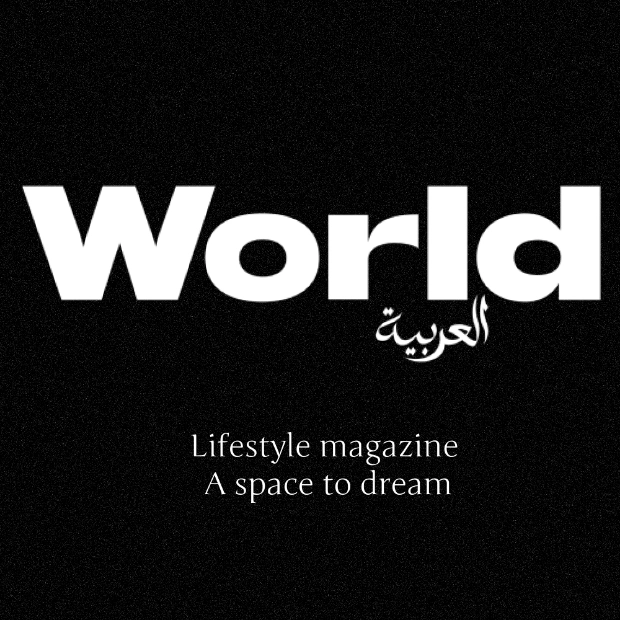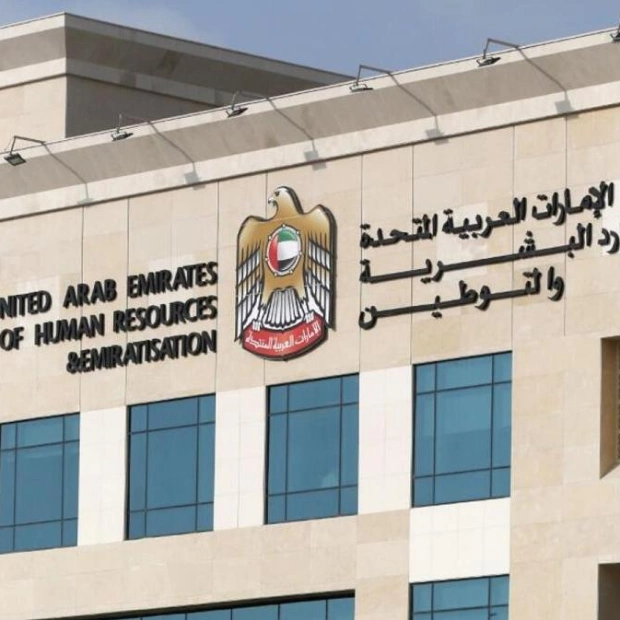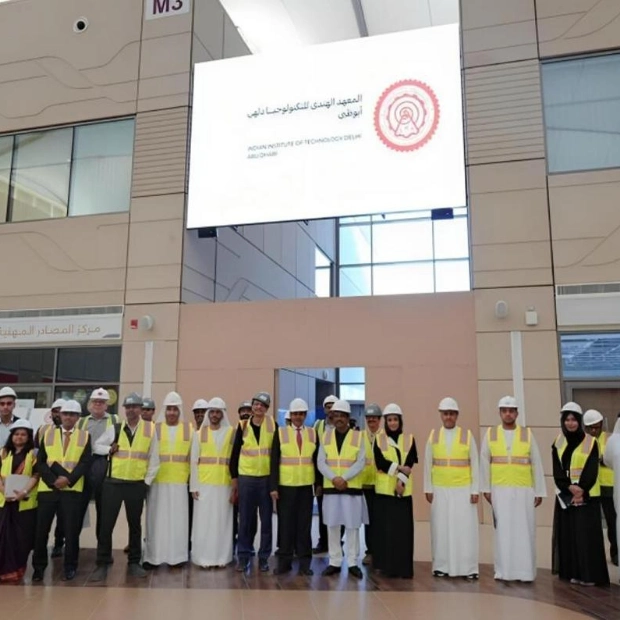France's President Emmanuel Macron (second from left) gestures next to Lebanon's Foreign Affairs Minister Abdallah Bou Habib (third from left) and Lebanon's Prime Minister Najib Mikati (right) during an international press conference in support of Lebanon, held in Paris on October 24, 2024. — Reuters
French President Emmanuel Macron announced on Thursday that his country would provide Lebanon with 100 million euros in support, as Paris hosted an aid conference aimed at substantial financial assistance but with limited diplomatic potential. "The war must end as soon as possible, and there must be a ceasefire in Lebanon," Macron stated, seated alongside Lebanon's Prime Minister Najib Mikati. Mikati, in response, urged the international community to unite and support efforts to implement an immediate ceasefire.
France has set a goal of raising half a billion euros ($540 million) in aid for Lebanon, which is 100 million more than the initial UN appeal. In addition to its financial contribution, Macron mentioned that Paris would "contribute to equipping the Lebanese army" to regain control of the country's south, in accordance with UN Security Council resolution 1701, which ended the last Israel-Hezbollah war in 2006. Paris is also seeking to increase humanitarian aid for Lebanon, a country with which it has historic ties and a significant diaspora in France.
The ongoing conflict between Israel and Lebanon's Hezbollah has resulted in over 1,550 fatalities, according to an AFP tally based on official figures, and has displaced 800,000 people, according to the UN. Israel launched a ground offensive against Iran-backed Hezbollah in southern Lebanon in late September, following a year of border skirmishes after Hamas' October 7, 2023, attack. Macron called on Hezbollah to "stop its provocations... and indiscriminate strikes" against Israel. However, he cautioned that Israel "knows from experience that its military successes do not necessarily translate to victory in Lebanon." Israel has eliminated several Hezbollah leaders in recent weeks. "I'm not sure that you can defend a civilization by sowing barbarism yourself," Macron added.
The prospects for diplomatic progress in Paris may be hindered by the absence of Iran and Israel, who were not among the 70 countries and 15 international organizations invited, while the US was represented only by a deputy to Secretary of State Antony Blinken. Macron opened the conference following a one-on-one meeting with Lebanon's Mikati on Wednesday, while Germany and Canada sent their foreign ministers Annalena Baerbock and Melanie Joly. Germany pledged 96 million euros to the humanitarian aid appeal. Speaking remotely, United Nations Secretary-General Antonio Guterres urged participants to "strengthen their support to (Lebanon's) state institutions, including the Lebanese armed forces."
Host France is pushing for progress on three fronts— diplomacy, humanitarian aid, and Lebanon's domestic politics. "We've put concrete proposals on the table to bring about a ceasefire as quickly as possible," Foreign Minister Jean-Noel Barrot stated in a message posted on X. France, alongside the United States, has pushed for a temporary 21-day ceasefire to facilitate negotiations for a more lasting truce. Barrot emphasized that diplomacy offers "the only viable solution for Lebanon as well as for Israel," where 60,000 people have also fled their homes. The limited US presence and lack of Israeli or Iranian participation limits prospects for progress. "Anything that does not bring about an immediate end to the destruction and killing would make this summit a failure," said Bachir Ayoub, aid group Oxfam's Lebanon chief.
Beyond Macron's 100-million-euro pledge, France aims to "mobilise humanitarian aid from as many countries as possible." However, in Lebanon, "the needs are so vast that even if the aid totalled hundreds of millions of dollars, you could cynically see it as a sort of palliative care," noted Karim Bitar, an international relations expert at Beirut's Saint-Joseph University, ahead of the talks. The third prong of the effort will focus on building up Lebanon's institutions, particularly its armed forces, "to preserve the country's unity, stability, and sovereignty," Barrot said. "Resolution 1701... remains the cornerstone of stability and security in southern Lebanon," Mikati echoed, aligning with France's view.
In addition to stipulating that the only armed forces on Lebanon's border with Israel should be UN peacekeepers and the Lebanese army, 1701 states that no foreign forces should enter Lebanon without the government's consent. Conference participants may offer training, equipment, and funding to keep the Lebanese army operational and allow for new recruitment, ensuring it is strong enough to fulfill its role.
Source link: https://www.khaleejtimes.com
